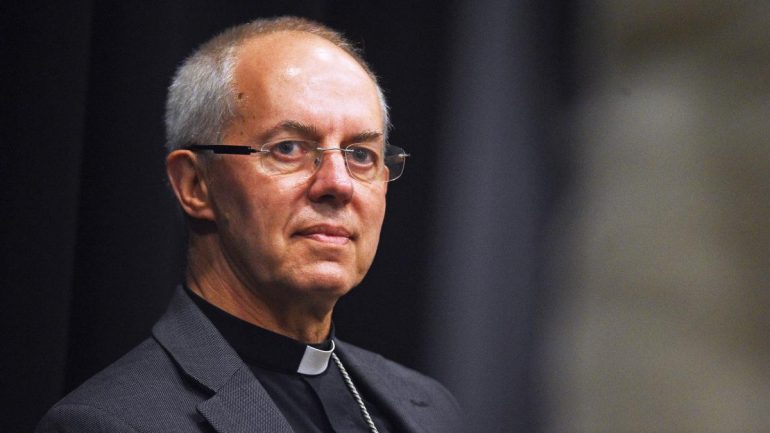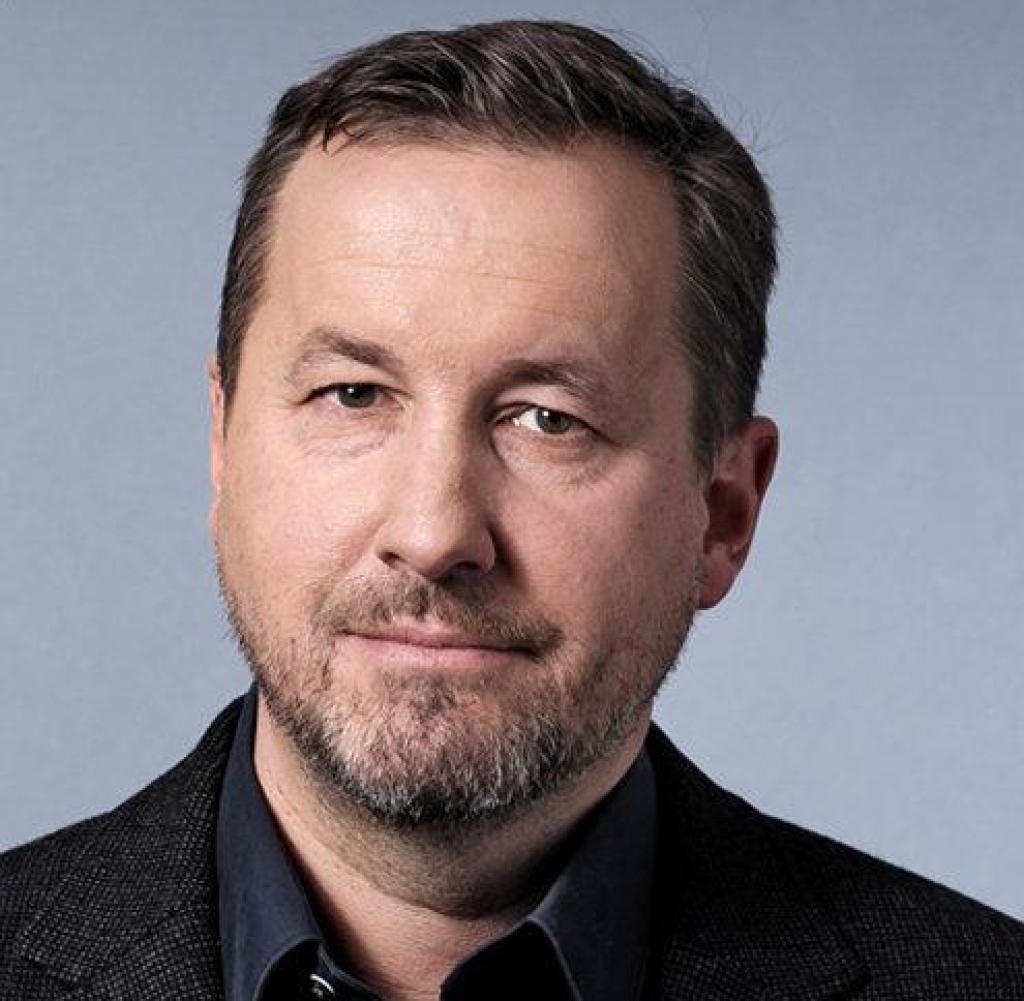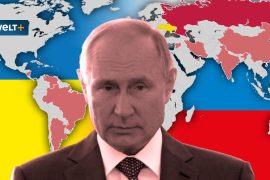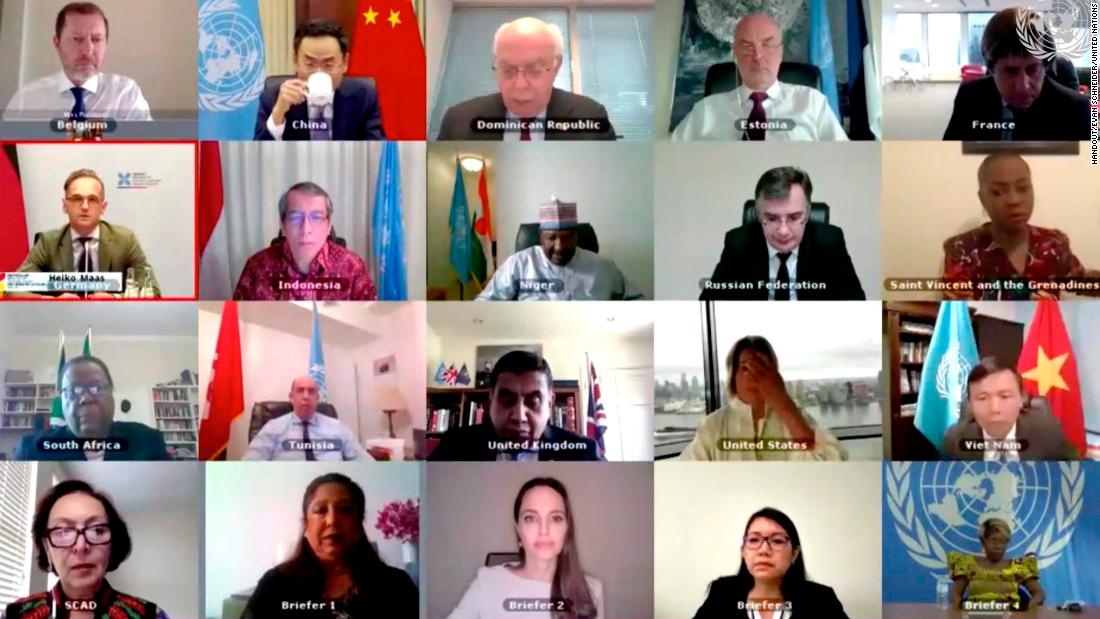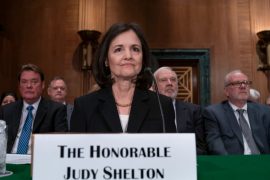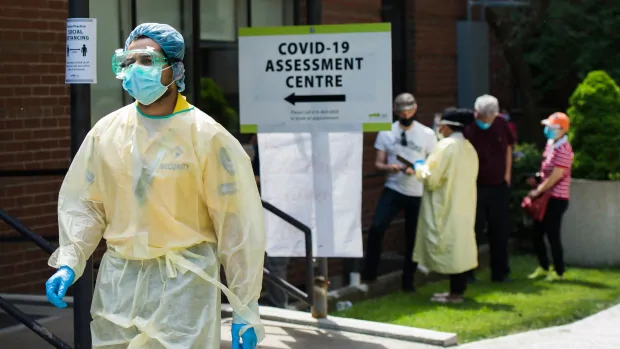DArchbishop of Canterbury Justin Welby has apologized after comparing the Holocaust to the consequences of climate change. The head of the Anglican Church wrote on Twitter on Monday: “It is never right to compare the atrocities committed by the Nazis.” He was sorry for hurting the Jewish people.
Earlier, in an interview with a BBC reporter at the COP26 UN climate summit in Glasgow, Welby warned that heads of state and government would be cursed if they did not take the right measures.
He said that one day such politicians would be seen as harsher than those who ignored what was happening in Nazi Germany during the 1930s. “It would make possible a genocide of infinitely greater proportions,” Welby continued.
Merkel talks of “massive transformation of our lives”
In addition to French President Emmanuel Macron and US President Joe Biden, outgoing Chancellor Angela Merkel also spoke at the climate summit in Glasgow on Monday. On what was likely to be her last conference, Merkel called for action. “We must and we can implement the Paris Agreement.” It must be in the middle of the 21st century.
He specifically mentioned the responsibility of industrialized countries. So Germany has tightened its own climate goals: to cut emissions by 65 percent by 2030 and the country to be climate-neutral by 2045. But funding is also essential for the credibility of industrialized countries. Germany’s contribution is to increase to six billion by 2025.
Climate neutrality is mainly achieved through specific measures. For example, Merkel listed protection against forest loss. In addition, it is important to stop international financing of coal-fired power plants.
Merkel said: “We will not progress with the activities of the state alone, but it is about a comprehensive transformation of our lives, work and economy.” That’s why she advocates for the pricing of CO2 emissions. At the national level, more ambitions are needed; globally, “economically sane” tools have to be found.
The two-week COP26 began on Sunday. More than 120 heads of state and government are expected to arrive in Glasgow on Monday. The heads of the two major greenhouse gas emitters were missing, however, along with China’s President Xi Jinping and Russia’s head of state Vladimir Putin.
COP26 runs until 12 November. 197 nations will negotiate for further implementation of the 2015 Paris Climate Agreement. The agreement seeks to limit global warming to below two degrees, ideally 1.5 degrees, compared to the pre-industrial era. However, experts and the United Nations have warned that the Earth is currently heading towards a warming of 2.7 degrees this century.
As announced by India’s Prime Minister Narendra Modi, the third largest CO2 emitter in the world is now striving to achieve the goal of so-called net zero emissions by 2070. According to the United Nations, more than 130 countries have set a goal of reducing greenhouse gas emissions to zero by 2050.
According to US President Joe Biden, the fight against climate change should be seen as an opportunity for the global economy. “I believe there is an incredible opportunity in a growing disaster — not only for the United States, but for all of us,” Biden said in his speech on Monday.
Transformation of economy creates “good and well-paid” jobs, says Biden
Biden shrugged off criticism that shifting the economy toward climate neutrality would cost jobs. On the contrary, it’s about job creation: electrifying traffic, building solar cell and wind turbine networks creates “good and well-paying” jobs for workers in the United States, the president said.
On the other hand, clinging to the status quo would result in huge losses, also of economic nature, he said, referring to the increase in environmental calamities like forest fires and droughts. “Every day we hesitate, the cost of inaction adds up.” COP26 is of historical importance: “We are at a turning point in world history.”
Macron calls for ambition, solidarity and transparency
French President Emmanuel Macron called on countries with particularly high greenhouse gas emissions to adopt more committed climate policies. “What is important for the next two weeks is that the biggest emitters, whose national plans do not match the 1.5-degree target, have higher ambitions,” Macron said in Glasgow.
In addition to greater ambition, the French head of state called for solidarity and transparency. Rich countries have to fulfill their responsibilities and provide adequate funds for climate protection in poor areas. Implementation of promises and use of funds should be transparent. Macron also spoke in favor of adapting economic decisions to climate policy. Contracts should reflect climate ambitions.
i am Daily Podcast “Kick-Off Politics” We’ll give you the most important background on a top political topic of the day in conversation with WELT experts. Subscribe to podcasts, among others Spotifyhandjob Apple Podcastshandjob Deezer, amazon music Or directly through the RSS feed.

Introvert. Proud beer specialist. Coffee geek. Typical thinker. Pop culture trailblazer. Music practitioner. Explorer.

